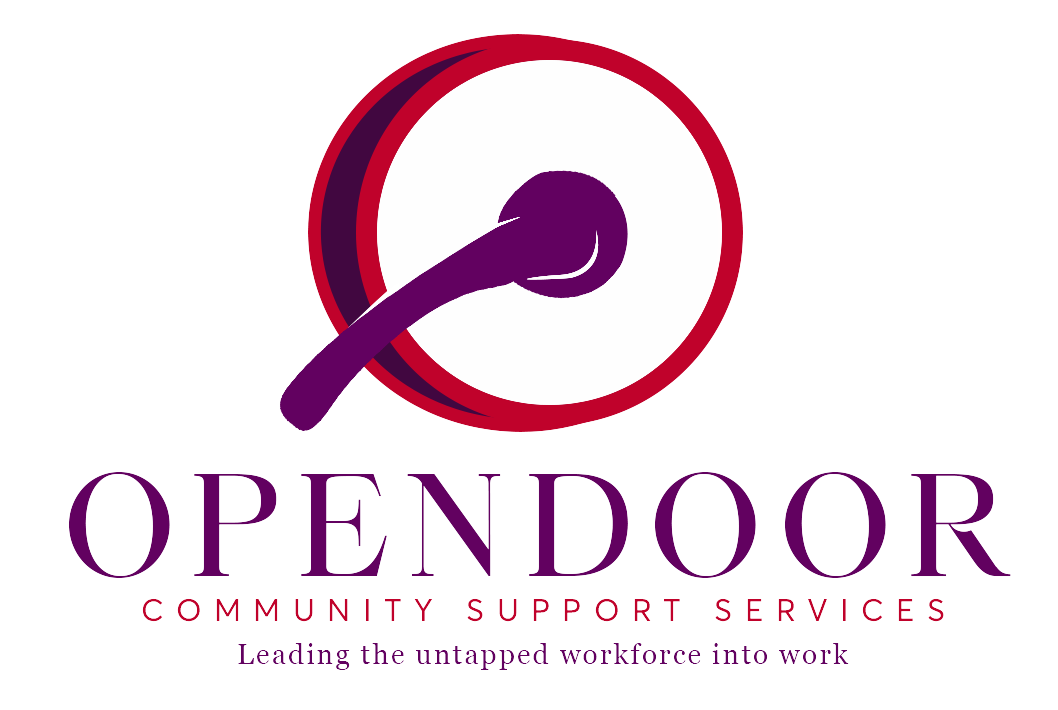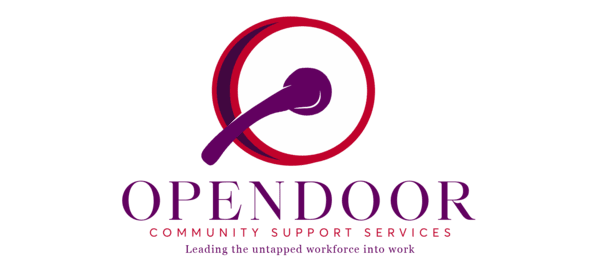
SUPPORTED EMPLOYMENT PROGRAM
Supported Employment (SE) for individuals with developmental disabilities are designed to facilitate and promote their inclusion in the workforce through personalized support and assistance. The primary focus is on providing the necessary resources and accommodations to enable individuals to secure and maintain competitive employment in integrated community settings.
Here are key components associated with Supported Employment policies:
Individualized Planning
Supported Employment policies emphasize person-centered planning, involving the individual and their support team in creating a customized plan that considers their unique strengths, preferences, and employment goals.
Job Development and Placement
The policies outline procedures for job development and placement, including strategies to identify suitable employment opportunities in the community based on the individual’s skills, interests, and aspirations.
Ongoing Support Services
Supported Employment (SE) policies highlight the provision of ongoing support services, such as job coaching, to help individuals learn and perform job tasks successfully. This support extends to both the employee and the employer.
Individual Placement and Support (IPS) Model
Some Supported Employment policies may align with the IPS model, which focuses on rapid job placement, ongoing support, and competitive employment as the primary goal for individuals with developmental disabilities.
Collaboration with Employers
Policies encourage collaboration between employment service providers and employers to create inclusive and accommodating workplaces. This collaboration involves educating employers about the benefits of hiring individuals with developmental disabilities and fostering a supportive work environment.
Customized Employment
Supported Employment incorporates the concept of customized employment, allowing for job roles to be tailored to match the unique skills and contributions of individuals with developmental disabilities.
Employment Benefits
Supported Employment policies advocate for individuals with developmental disabilities to have access to the same employment benefits as their colleagues without disabilities, including health insurance, retirement plans, and other workplace benefits.
Transition Services
Policies may address transition services, facilitating the smooth progression from school to work or from other support settings to competitive integrated employment.
Assistive Technology and Accommodations
Supported Employment policies underscore the importance of providing assistive technology and reasonable accommodations to ensure that individuals can perform job tasks effectively.
Career Advancement
Individuals are supported in pursuing career advancement opportunities. Policies may include provisions for training, skill development, and opportunities for promotion within the workforce.
Supported Employment promotes integration with community resources, such as vocational rehabilitation services, educational institutions, and community-based organizations, to enhance support networks for individuals seeking employment.
Supported Employment aim to break down barriers for jobseekers by providing a tailored support, and promote their integration into the workforce, contributing to their overall independence and community inclusion.


